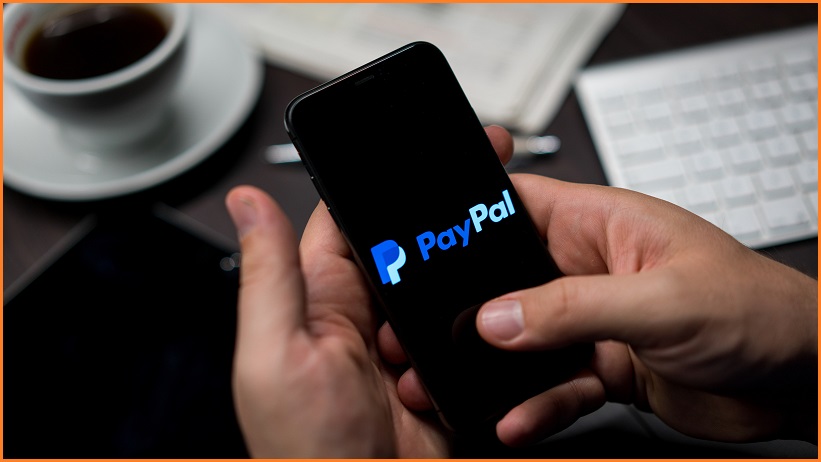Australians have been warned to avoid a PayPal loophole that scammers are exploiting to steal money.
Consumer Protection Western Australia has said it has received complaints from numerous people over the trick, which involves a scammer selling a fake ticket and asking for the payment to be made on PayPal using the ‘friends and family’ function.
This function, designed for payments when both parties know each other, doesn’t charge the seller any fees, but also isn’t covered by PayPal’s buyer protection policy.
Once a fake ticket has been bought, the unlucky individual is unable to secure a refund for the lost money because it was made under the ‘friends and family’ function.
Commissioner for Consumer Protection, Lanie Chopping, said scammers usually take advantage of this by claiming that this function speeds up the payment, which is not true.
“Tickets are often purchased only days ahead of an event taking place and scammers are telling consumers the payment will occur faster if they go through this function, which is untrue,” Chopping said.
Many consumers are unaware that payments made this way are not covered by PayPal’s refund policy.
“We have long been advocates for payments to be made through PayPal as it has protections in place, however consumers need to be aware that there are some exemptions to this policy,” Chopping said.
“The PayPal ‘friends and family’ feature is designed for using with people that you trust, so if someone you don’t know is selling you something and requests or demands that you use the ‘friends and family’ feature, do not purchase the item.”
Most PayPal payments are covered by the company’s buyer protection policy, which refunds consumers if the goods are not received or differ greatly from what was promised.
If someone is paying for a ticket through PayPal, they should ensure it is made through the ‘goods and services’ function.
Chopping also reminded Australians that the only properly secure way to buy a ticket is through the first seller.
“The only truly safe way to get a ticket to an event is to buy direct from the authorised primary seller, as you may encounter further difficulties if you buy from ticket resellers on classified sites,” she said.
Ticket reselling sites also often see tickets are sold for significantly more than their original cost.
Viagogo is the most controversial of these reselling sites and was banned by Google early last year.
But in December it was revealed that Google had reversed this decision, and ads for Viagogo were again appearing in search results on the platform.
Viagogo was originally banned following concerns the platform was claiming to be an official seller of tickets, and that the ultimate price of a ticket on the site wasn't always obvious.
The decision was slammed by Shadow mMnister for the arts Tony Burke, who said it was “terrible”.
“Viagogo cannot be trusted,” Burke said. “For years it has been selling fake and overpriced tickets that have been left countless concertgoers disappointed.
“Music fans do not go to Viagogo because it’s the best place to buy tickets - they are directed there by search engines.”
PayPal is also the subject of an independent audit ordered by the Australian financial intelligence watchdog over its compliance with international funds transfer obligations. The audit was launched over concerns that the platform was being used by child exploitation rings in Asia.
The audit is investigating PayPal’s compliance with its obligations under the Anti-Money Laundering and Counter-Terrorism Financing Act and record-keeping rules.










